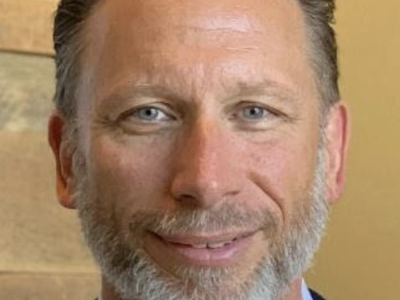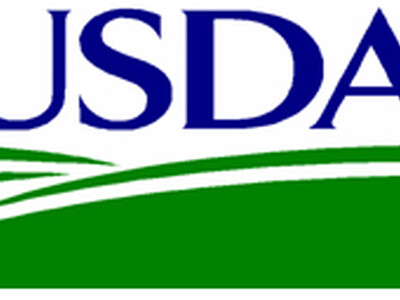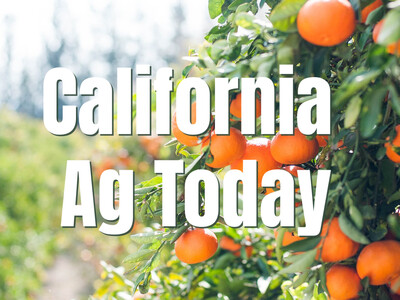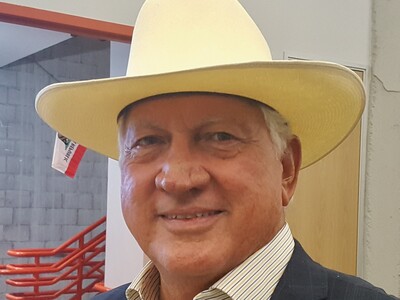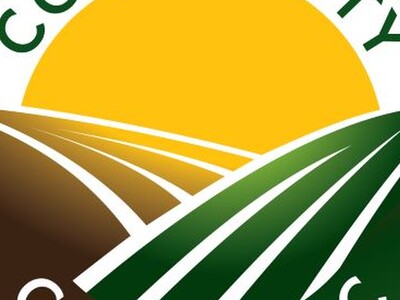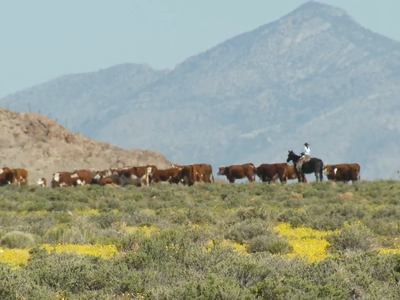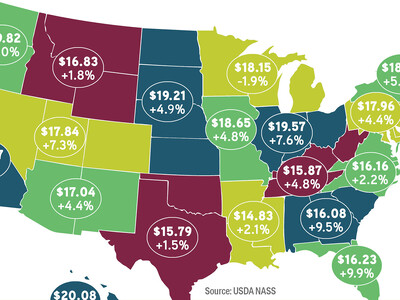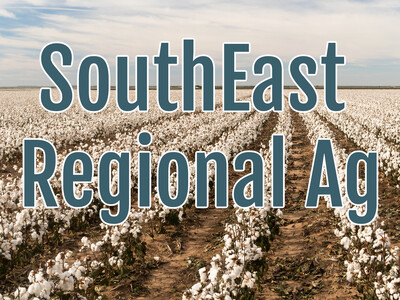What is the "Feedstock Agnostic" and the Fruit Commission accepts nominations
What is the “Feedstock Agnostic” and the Fruit Commission accepts nominations.
I’m Lacy Gray, Washington Ag Today is next.
Switchgrass may be a native of the Midwest, but it seems to prefer Central Washington where it grows two to three times faster than in the Midwest. Switchgrass has also been found to be almost four times more efficient than corn as a biofuel. The Washington State University Irrigated Agriculture Research and Extension Center has been gathering information that is helping researchers at WSU Prosser determine which crops have what could be considered the best energy efficient ratings; crops that include switchgrass, soybeans,mustard, rapeseed, and wheat residue. What they have found is very promising.
At WSU Tri-Cities researchers envision an industry that will be able to change any organic matter into fuel. Dr. Birgitte Ahring, director of the university’s Center for Bioproducts and Bioenergy describes a new pilot facility going in at WSU Tri-Cities as “Feedstock Agnostic”.
AHRING: The system has a broad mouth that it is actually not picky and it’s not based on one specific feedstock that you can actually use a variety of different biomass residues or you can also use waste.
The Washington State Fruit Commission has several Commissioner positions on their seventeen member Board of Directors up for nomination during January meetings. Tentative nomination dates are January 9, 13, and 19. Any questions regarding nominations and meeting dates and locations should be directed to the WSFC at 509-453-4837.
I’m Lacy Gray and that’s Washington Ag Today on Northwest Ag Information Network.




